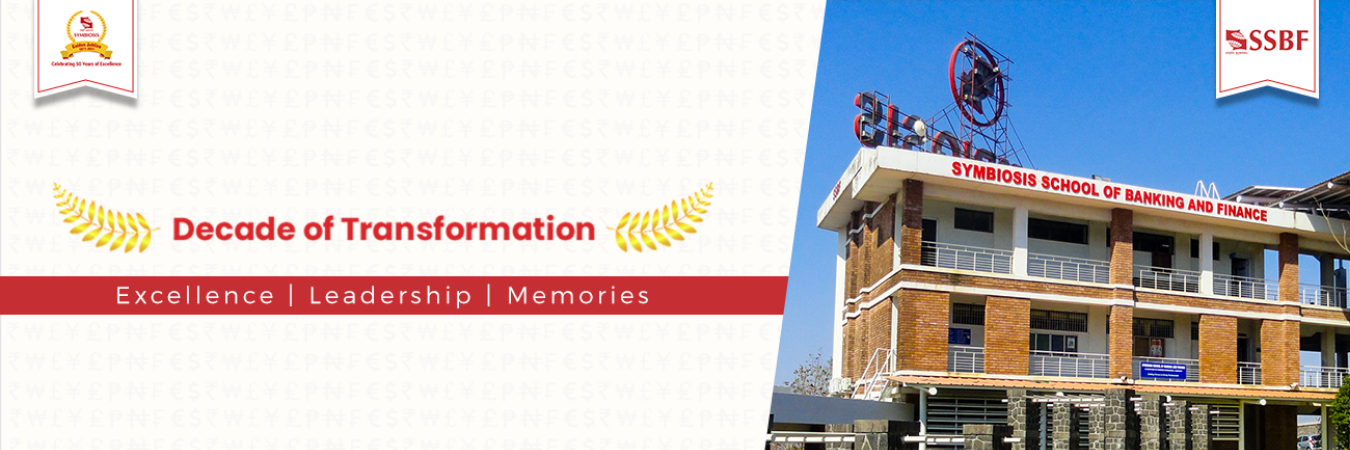
WHAT IS IBBIC?
In a first, 15 banks in India have come together to establish a new company that will use blockchain technology for processing inland letters of credit (LCs). The business, dubbed Indian Banks’ Blockchain Infrastructure Co Pvt Ltd (IBBIC), will feature 10 private sector banks, four public sector banks, and one foreign bank as equal shareholders.
PARTICIPATING ORGANIZATIONS:
This includes RBL Bank, ICICI Bank, HDFC Bank, Kotak Mahindra Bank, Axis Bank, IndusInd Bank, Yes Bank, South Indian Bank, Federal Bank, IDFC First Bank, State Bank of India (SBI), Bank of Baroda (BoB), Indian Bank, Canara Bank, and Standard Chartered. Each bank will invest INR 5 Crore in the company, making the total capital INR 75 Crores. According to reports, the Reserve Bank of India (RBI) has been informed of the events and has no objections to the new initiative. This is an important development because the RBI’s technology and research arm, the Institute for Development and Research in Banking Technology (IDRBT), is also working on a model blockchain platform for banking requirements.
NEED FOR IT:
In India, LC fraud has been a cause of concern. It’s difficult to verify the authenticity of LCs issued in tangible form. The RBI mandated that all LCs be issued utilizing the Structured Financing Messaging System (SFMC) in a 2012 notification to banks. SFMS is managed by Indian Financial Technology and Allied Services (IFTAS), a wholly-owned subsidiary of the Reserve Bank of India. This helped banks enhance their verification skills to some extent. In 2020, IDFC Intech created a new document embedding option for SFMS, allowing the parties to preserve documentary evidence for all transactions by exchanging pdf documents with digital signatures along with conversations. The amount of data that can be sent using the SFMS system is, however, restricted, and therefore does not remove the risk of duplicate financing and fraud.
HOW DOES IBBIC HELP?
A blockchain, that works like a shared ledger, can retain real-time records of transactions between supply chain participants, enhancing transaction transparency and supply chain traceability. Creating safe digital data flows reduces costs, eliminates errors, and speeds up transactions.
In 2018, Infosys Finacle partnered with Axis Bank, ICICI Bank, IndusInd Bank, Kotak Mahindra Bank, RBL Bank, South Indian Bank, and Yes Bank to launch India Trading Connect, a blockchain-based trade network. The banks used the network to perform a successful test of Finacle Trade Connect, a blockchain- based system that IBBIC is currently implementing. In less than a year, the company plans to launch the platform and make it fully operational. It will have an open structure, allowing new banks to engage and invest, resulting in substantial network effects.
ROLE OF THE BLOCKCHAIN TECHNOLOGY:
The blockchain network is designed to digitize trade finance business activities such as ownership authentication, document certification, and payment processing on a distributed, trustworthy, and shared network. By eliminating inefficiencies in existing trade processes and establishing a single source of truth for everyone involved in a transaction, the network will open up new business opportunities for member institutions. The network allows for the secure and quick exchange of communications and documents between the parties involved, reducing the time it takes for the trade lifecycle to complete. Due to the unique identification and storage of invoices and other documents on the blockchain, the risk of duplicate financing is greatly decreased.
CONCLUSION:
Blockchain technology is still in its infancy, and it is sometimes likened to the internet in the early 1990s. Trade financing and cross-border payments aren’t the only applications. In recent years, many banking consortiums have formed throughout the world in conjunction with technology companies to develop the usage of blockchain and discover new applications in financial services. The regulatory landscape is likewise changing in response to the growth rate of development.
IBBIC, a newly formed company with stakes from India’s major banks, has the potential to transform the country’s BFSI sector. Though the company’s current scope is limited to dealing with trade finance issues, it can devote resources to blockchain research, investigation, and implementation, putting India’s financial services sector on the cutting edge of innovation. The company can also collaborate with the Indian government and authorities to produce significant legislation so that the full potential of blockchain technology can be realized and a favorable environment for future growth can be created.




